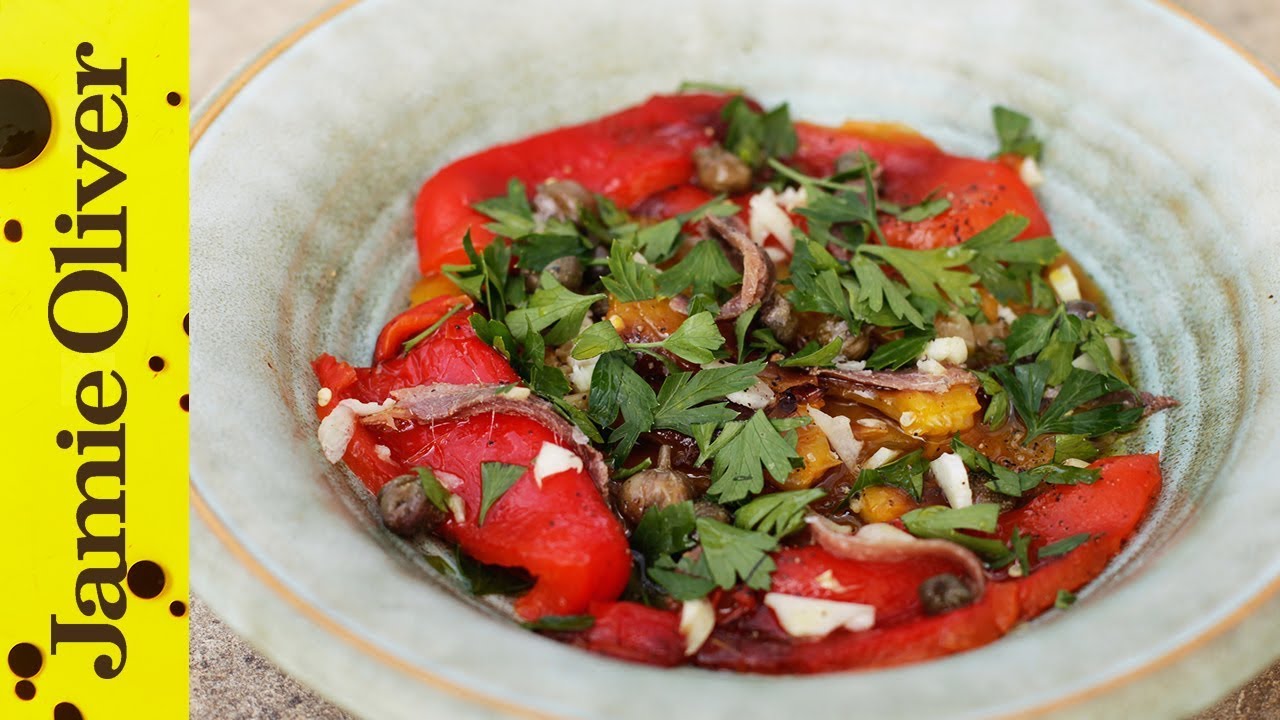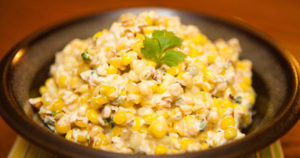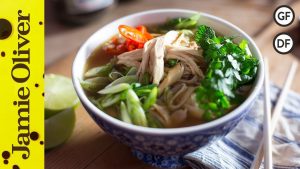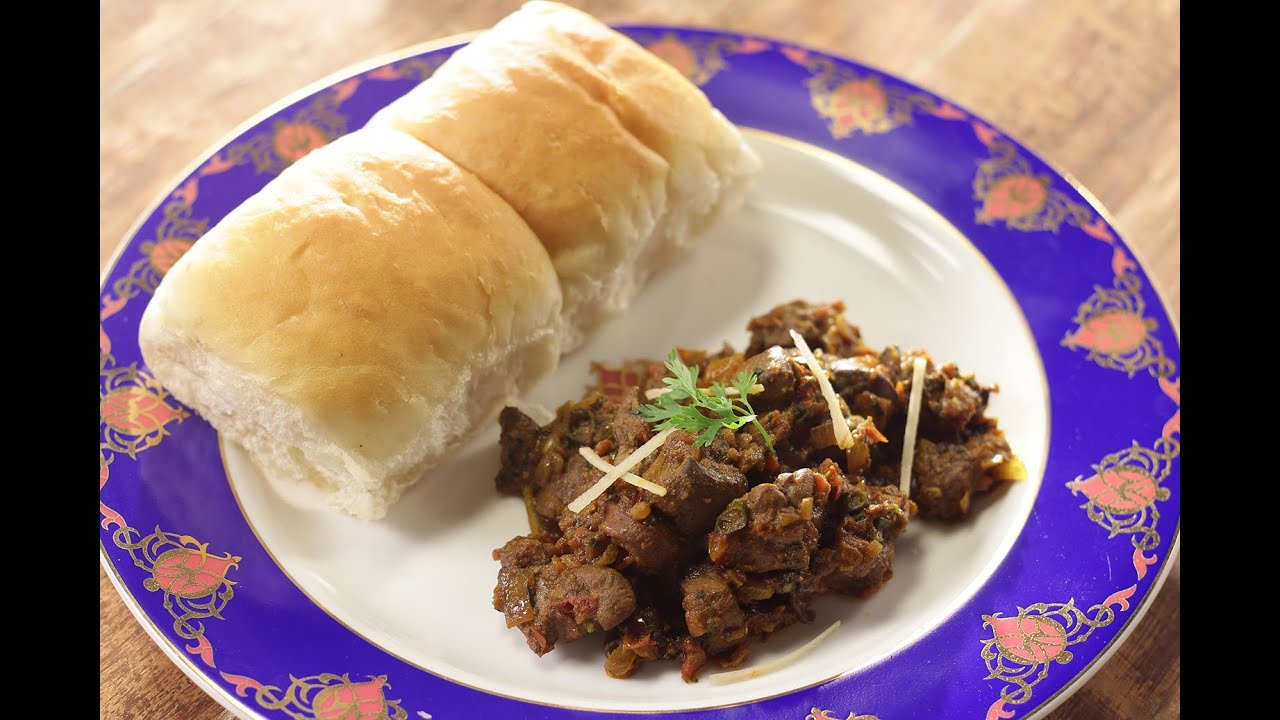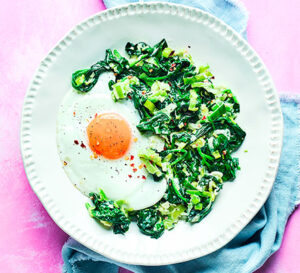Durian is a unique tropical fruit.
It’s popular in Southeast Asia, where it’s nicknamed “the king of fruits.” Durian is actually very high in nutrients, containing much more than most other fruits.
However, it is also highly controversial because of its strong smell.
Durian is a tropical fruit distinguished by its large size and spiky, hard outer shell.
It has a smelly, custard-like flesh with large seeds.
There are several varieties, but the most common one is Durio zibethinus.
The fruit’s flesh can range in color. It’s most commonly yellow, white or golden, but can also be red or green.
Durian grows in tropical regions around the world, particularly in the Southeast Asian countries of Malaysia, Indonesia and Thailand.
The fruit can grow up to a foot (30 cm) long and six inches (15 cm) wide. A typical durian fruit has about two cups (473 ml) of edible pulp.
Durian Is Among The Most Nutritious Fruits You Can Eat
Durian is very high in nutrients compared to most fruits.
Here is the nutrient content in a cup (243 grams) of pulp (1):
- Calories: 357.
- Fat: 13 grams.
- Carbs: 66 grams.
- Fiber: 9 grams.
- Protein: 4 grams.
- Vitamin C: 80% of the RDI.
- Thiamine: 61% of the RDI.
- Manganese: 39% of the RDI.
- Vitamin B6: 38% of the RDI.
- Potassium: 30% of the RDI.
- Riboflavin: 29% of the RDI.
- Copper: 25% of the RDI.
- Folate: 22% of the RDI.
- Magnesium: 18% of the RDI.
- Niacin: 13% of the RDI.

This nutrient profile is actually very impressive compared to other fruits. It makes durian one of the most nutritious fruits on earth.
It is also rich in healthy plant compounds, including anthocyanins, carotenoids, polyphenols and flavonoids. Many of these function as antioxidants (2).
All parts of the durian plant — leaves, husk, roots and fruit — have been used in traditional Malaysian medicine to treat a variety of illnesses, including high fever, jaundice and skin conditions (2).
Studies have shown that durian fruit may have the following health benefits (2, 3):
- Reduce cancer risk. Its antioxidants may neutralize cancer-promoting free radicals. In one study, durian extract prevented a strain of breast cancer cells from spreading.
- Prevent heart disease. Several compounds in durian may help lower cholesterol levels and decrease the risk of atherosclerosis, or the hardening of the arteries.
- Fight infection. The rind contains antibacterial and anti-yeast properties.
- Lower blood sugar. Durian has a lower glycemic index than other tropical fruits, meaning it may lead to a lower blood sugar spike. It may also prevent some glucose from being absorbed and stimulate insulin to be released.
While these studies show promise, many of them have been done on animals or in test tubes. The health benefits of durian need to be studied in humans.











